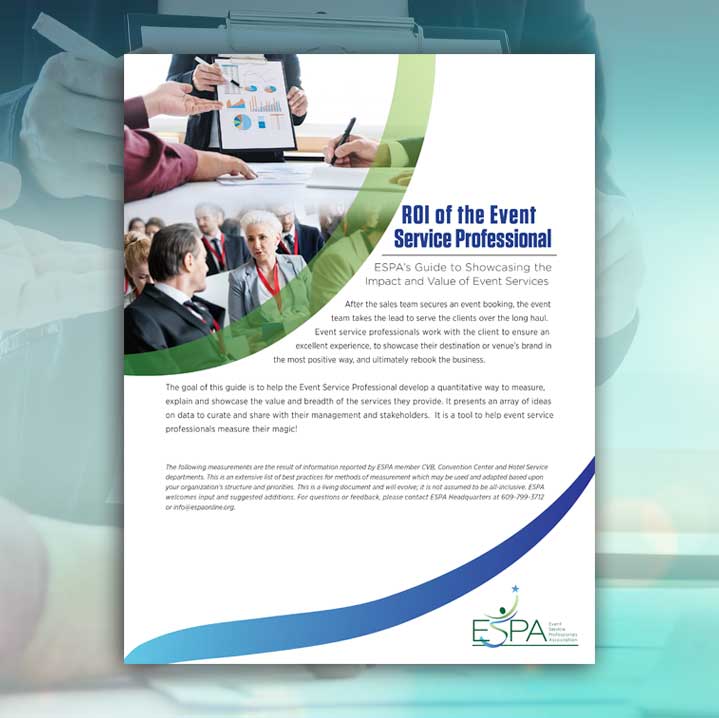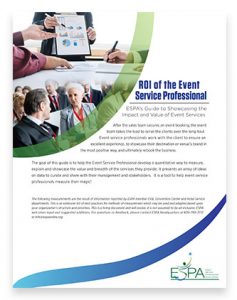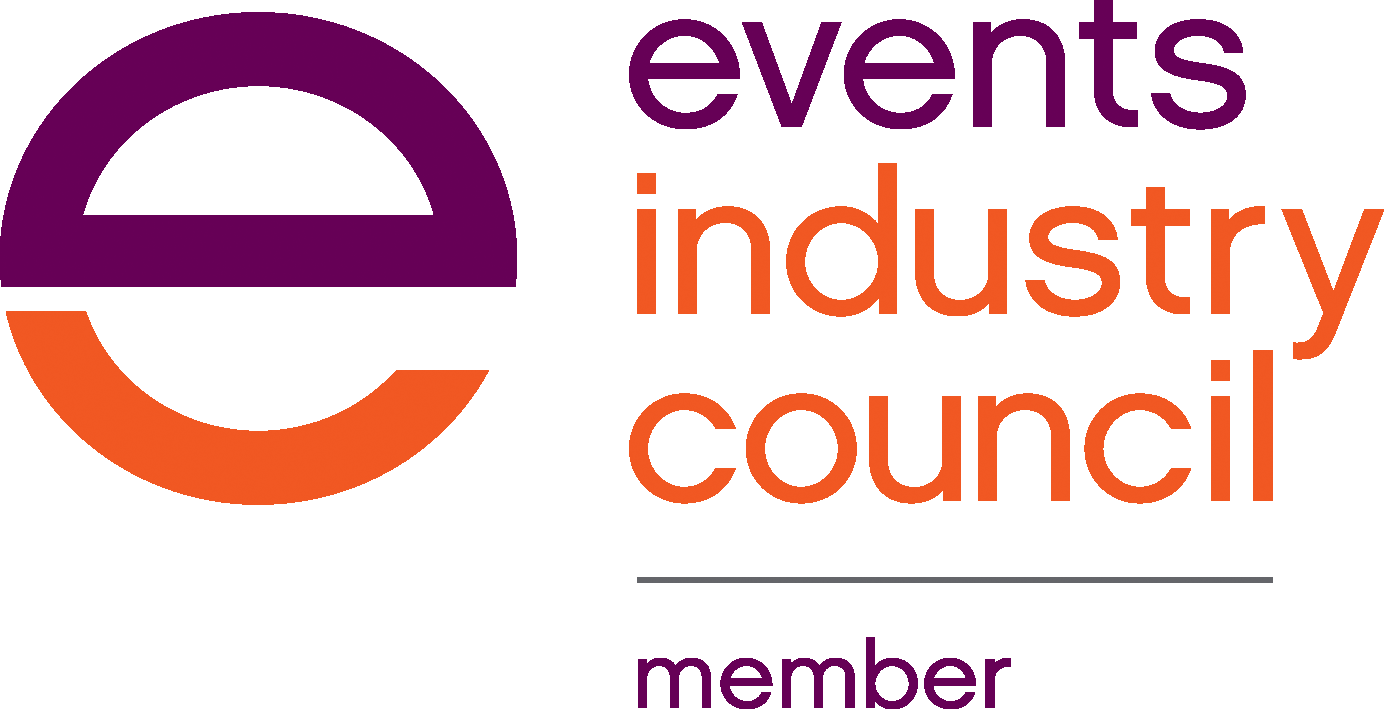UNLV Hospitality Student Falls in Love with Services at ESPA Conference
Aloha! My name is Marijka Iha and I am a senior at the University of Nevada, Las Vegas (UNLV) Hospitality College. I was honored to earn the Donald S. Freeman Jr. ESPA Conference Scholarship to attend Elevate with ESPA 2020 in the beautiful city of Denver, Colorado.
I was immediately excited by the prospect of getting involved in an association that was focused on the services side of meetings and events. I wanted to meet people who were as excited about events as I was, and I saw the ESPA conference as a great way to connect with like-minded people. With help from my mentor and an amazing professor at UNLV, Todd Uglow and the generosity of Freeman, I was able to make it to the mile-high city.
In my classes, we skimmed over the roles of event service professionals, so at the conference I was able to gain a deeper understanding of who makes up the services industry and why they are so important to the success of events. It was a surreal experience that allowed me to interact with passionate service professionals in a well worthy industry.
The idea of networking with professionals in the industry was intimidating to me at first. I felt that I had nothing to give back in the conversation and was nervous about initiating contact. In reality, it was really easy to go up and start talking with people throughout the whole conference. I guess I should have figured that all individuals that are a part of ESPA are, first and foremost, in the hospitality industry and thus genuinely nice and enthusiastic people. It felt as if everyone was welcoming me with open arms.
The Newcomer Reception was the perfect ice breaker and introduction to the conference. With flowing wine, new attendees broke through their nerves together and got excited about the rest of the conference.
Attendees had the opportunity to chat with a board member or get to know a fellow newcomer and learn more about their city. We were given little cards with line of a popular song at the beginning of the reception that were used as a part of a networking game to find and link up with other individuals that shared lyrics to the same song.
I thought this was a fun way to get members talking with each other because it gave them a purpose to take an initiative and ask each other questions, plus who does love songs like “Rocky Mountain High” and “Ain’t No Mountain High Enough” which fit perfectly with the aesthetic of Denver. By the time we joined the general welcoming reception, all the newcomers were having a great time and were eased into the conference.
While networking was a large part of the conference, one of the most rewarding parts was the educational opportunities. Every session and keynote were chosen in order to empower and educate the conference attendees. I definitely felt an “ah-ha” moment when listening to each and every speaker that pushed me to be better in both my personal and professional life.
Conferences are a huge part in how you can be a lifelong learner after school. It’s like a taking a specialized crash course in an industry you are passionate about, which is what I loved about the ESPA conference.
We listened to Melanie Spring, a motivational speaker who specializes in leading with confidence and Dean Savoca, Savoca Performance Group, who both specialized in self-development. They taught us that in order to be better leaders and team members, we needed to analyze ourselves and be aware of our actions and limits. With awareness comes the power to focus our attention and energy into more positive and productive outcomes.
I really appreciated how ESPA also choose individuals who could elevate attendees to a higher level of thinking regarding events. Annette Gregg, senior vice president, experience from Meeting Professionals International (MPI) and Tom Povich, divisional vice president, venues from PSAV, led general sessions on the last day of the conference that were focused on the user experience and how to engage guests in an authentic manner.
Events have become one of the last ways in this technology driven society to interact with other individuals face-to-face. As event professionals, we can increase attendance, interest, and meaning when we provide authentic and personal experiences for individuals to participate in.
I felt really engaged in the conference were during the mobile workshops and roundtable discussions.
At the mobile workshops, attendees were split into different groups and walked to a different location in order to experience a new venue. I attended the Denver Maker’s workshop and I was able to go to one of Denver’s oldest breweries to listen about how Visit Denver works with their partners. It was refreshing to be able to walk outside with a partner and experience the beauty of downtown Denver together.
For the roundtable discussions, groups were separated by hotel, convention center and convention and visitors bureau (CVB) budget where they had a guided discussions regarding attendee-submitted questions. Individuals from organizations with similar sizes were able to compare and spark ideas through sharing their own strategies and struggles. While I did not contribute to the conversations myself, it was fascinating to watch how ESPA encourages the growth of the service industry through their members.
The conference ended on the highest of notes with Judson Laipply, an inspirational comedian, hwo perfectly summed up the theme and tone of the conference.
Overall, the ESPA conference was an eye-opening experience into the services industry. I am so grateful that I was able to meet such warm and intelligent people, who were quick to offer me guidance in my future as an event professional.
ESPA is a wonderful association whose members are not just focused on their own success but also on helping each other by sharing experiences and information for the betterment of all events nationwide. I take with me the knowledge that the event service professionals are smart and welcoming individuals who are focused on successfully elevating their communities and client experiences one event at a time.

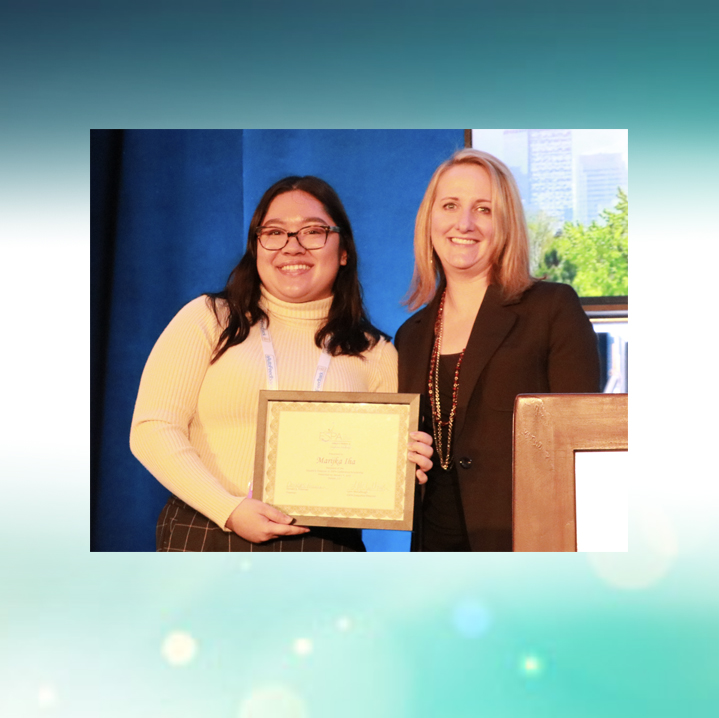

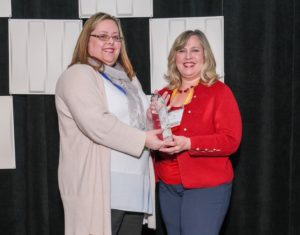
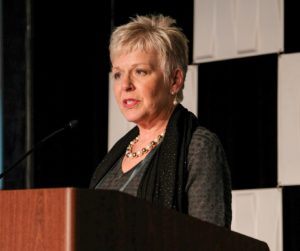
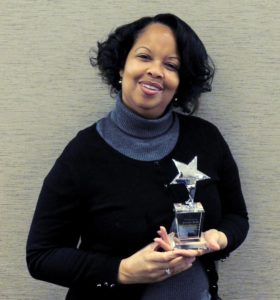

 So how does your event team specifically win the 2020 Republican National Convention?
So how does your event team specifically win the 2020 Republican National Convention?
 Prior to the event date, they coordinate the set-ups, the food and beverage, audio visual and outside vendors to bring together all event elements on time and on budget.
Prior to the event date, they coordinate the set-ups, the food and beverage, audio visual and outside vendors to bring together all event elements on time and on budget.